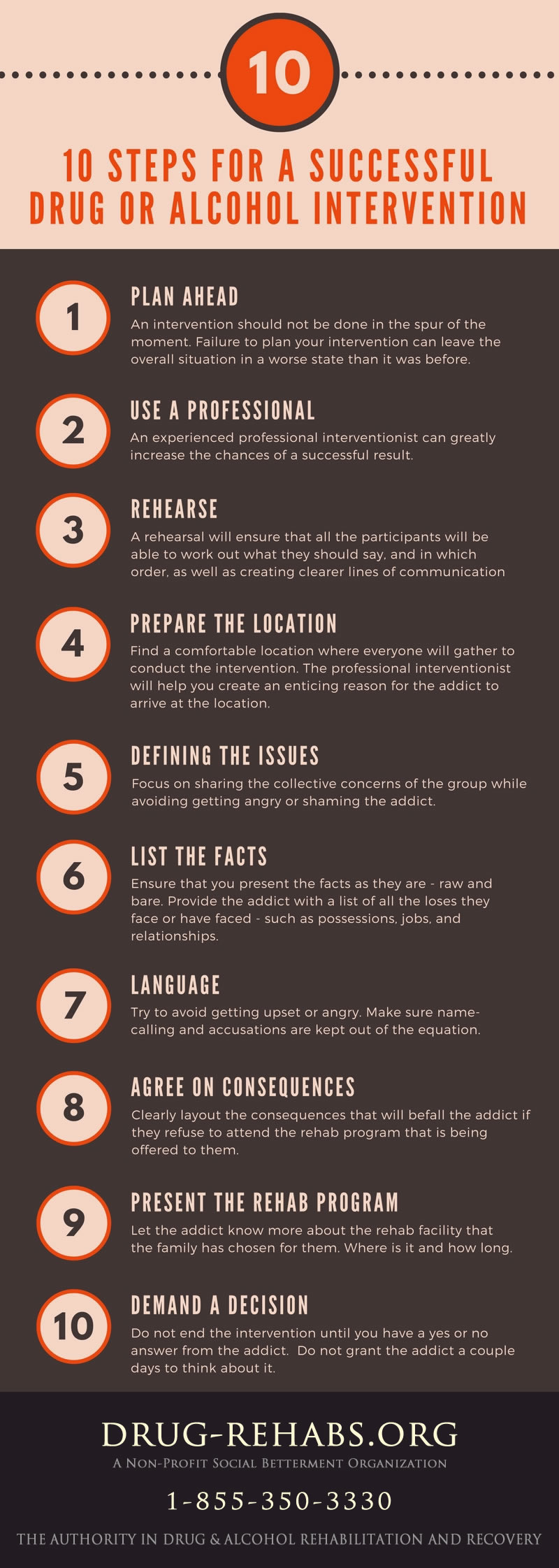Life After Treatment: Fostering A Strong And Long-Lasting Recuperation From Dependency
Life After Treatment: Fostering A Strong And Long-Lasting Recuperation From Dependency
Blog Article
Content Create By-Bauer Kilgore
Life after rehab can be both tough and gratifying. You'll need to border yourself with an encouraging network of friends and family that understand your journey. As Read Much more navigate this brand-new phase, developing healthy coping mechanisms will be vital. You may wonder just how to set achievable objectives that align with your vision for a meeting future. Let's check out just how you can build a resilient structure for lasting recovery.
Establishing a Support Network
Exactly how can you develop a solid support network after rehabilitation? Beginning by reconnecting with friends and family who support your healing. Share https://telegra.ph/The-Duty-Of-Treatment-And-Counseling-In-Achieving-Successful-Drug-Recovery-06-13 and difficulties with them; sincerity strengthens partnerships.
Take into consideration signing up with a regional support group or on the internet neighborhood where you can get in touch with others who recognize what you're undergoing. Attend meetings routinely to build trust fund and camaraderie.
Take part in tasks that promote social interaction, like offering or joining clubs. https://www.northjersey.com/story/news/paterson-press/2022/01/18/paterson-nj-suboxone-opiod-addiction-grant-bloomberg-philanthropies/6555335001/ hesitate to connect to a specialist or counselor that can direct you in preserving healthy and balanced connections.
Creating Healthy Coping Systems
Building a solid assistance network is simply the beginning of your recuperation trip; it's additionally crucial to establish healthy and balanced coping mechanisms to manage life's difficulties. Life can toss unanticipated stressors your way, and just how you react issues.
Instead of turning to old routines, method mindfulness strategies like reflection or deep breathing. Engage in physical activities, such as yoga or jogging, to release endorphins and increase your mood.
Journaling can aid you process emotions and reflect on your experiences. It's also beneficial to explore hobbies that bring you happiness, whether it's paint, gardening, or food preparation.
Surround on your own with favorable impacts and seek out useful disturbances. These coping approaches can encourage you to navigate challenges while preserving your commitment to lasting recovery.
Setting Goals for a Fulfilling Future
What steps can you require to develop a meeting future after rehabilitation? Beginning by establishing details, attainable goals that inspire you. Consider what you truly want-- whether it's a new occupation, boosted relationships, or individual development. Damage these objectives down into smaller, manageable jobs to make them less overwhelming.
Next, write these objectives down and routinely review them to track your development. Surround yourself with supportive individuals who motivate your ambitions. Keep adaptable; occasionally objectives require adjusting as you grow.
Ultimately, celebrate your success, despite how small. Each turning point enhances your dedication to recovery and encourages you to keep progressing.
Verdict
In life after rehabilitation, your commitment to recuperation is critical. By developing a strong support network, developing healthy coping devices, and setting attainable goals, you can develop a satisfying future. Keep in mind, it's okay to lean on friends and family and seek out support system when challenges arise. Accept mindfulness and physical activity to take care of tension, and remain sincere in your connections. With devotion and the right techniques, you can browse life's ups and downs with confidence.
